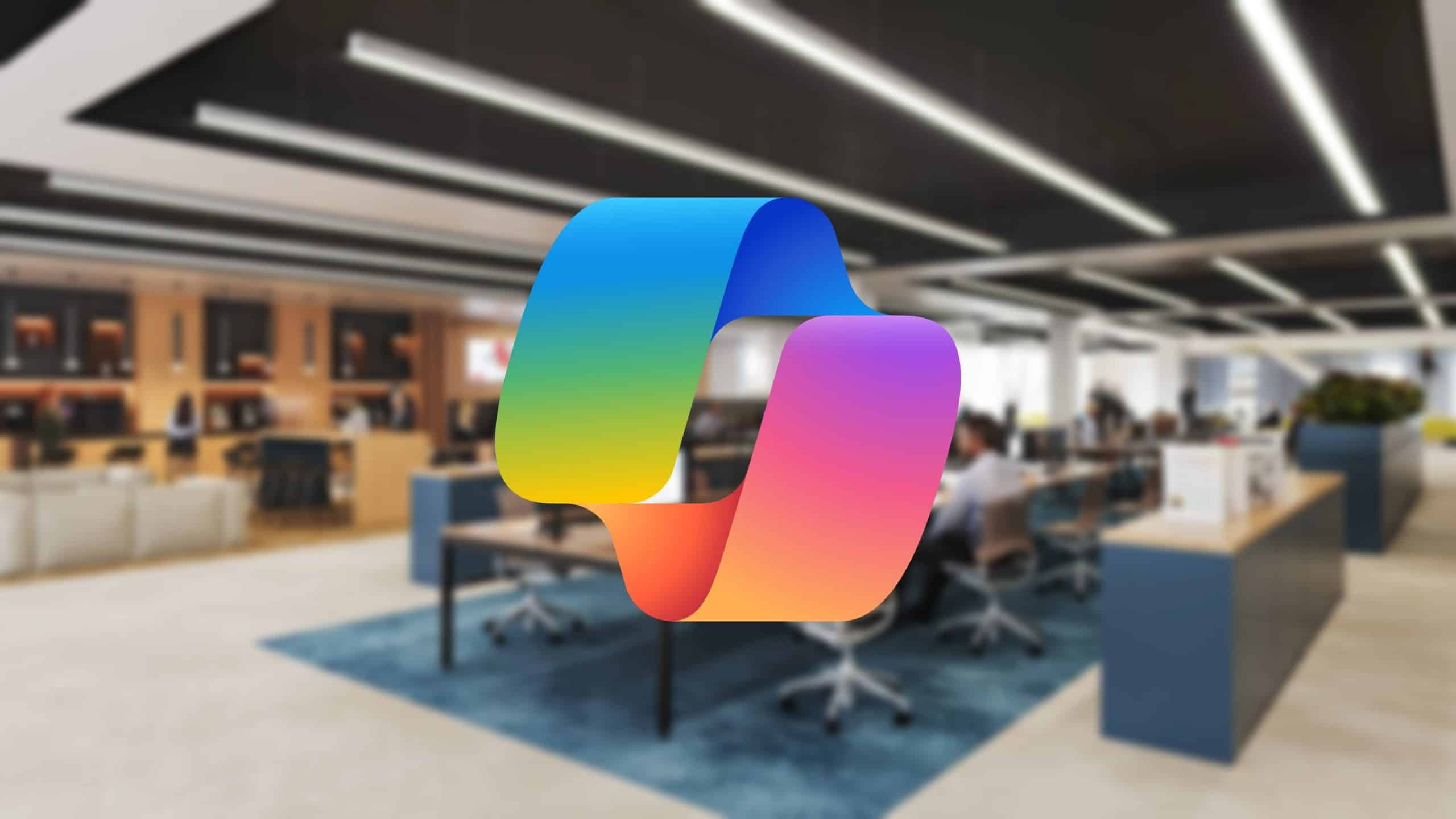We answer what is a hosted desktop and when it can be beneficial to your organisation:
The challenge of hybrid working for IT
Working from home can be frustrating. Issues with different software versions shared access permissions and unstable connections can all cause difficulties for those working remotely, to the point where even accessing emails can become much more of a chore than it really ought to be. In addition to the above, security is often an issue when staff are working away from the office. Data held on home computers and laptops could be at risk of being compromised or lost if a homeworker’s machine malfunctions.
The good news is that there is a simple solution at hand: hosted desktop services. When using a hosted desktop, each of the problems mentioned is eliminated. Instead, your team will be able to work efficiently and problem-free in the same way that office-based staff do. So what is a hosted desktop?
What is a hosted desktop? A unified experience for all your users
In many respects a hosted desktop, or desktop as a service (DAAS), feels just like sitting in front of a computer in the office.
With hosted IT solutions, your team will have access to the same files and software they would in the workplace, but with the ability to access them remotely. This is because your computers are kept safely and securely in the cloud.
And there are a range of solutions available, from ones hosted in Akita’s cloud to Microsoft’s own cloud PC solution.
The benefits of hosted desktop services
The advantages of hosted desktop services bring numerous benefits to businesses in various ways.
Cost savings: Hosted desktop services offer a cost-effective solution as multiple users can access the same operating system from a central server. This eliminates the need for individual service maintenance costs associated with maintaining multiple devices. By consolidating computing power and resources, businesses can reduce their overall expenses.
Enhanced security: With hosted desktop services, data is securely stored in the cloud. This ensures that even in the event of a computer failure or hardware malfunction, important files and documents remain accessible. The cloud infrastructure offers robust security measures, such as encryption and regular backups, which safeguard data from unauthorised access and minimize the risk of data loss.
Improved collaboration: Hosted desktop services enable seamless collaboration among team members, including those working remotely. Users can work collaboratively on documents with others in the organisation, regardless of their physical location. This promotes teamwork, enhances productivity, and eliminates geographical constraints. Whether employees are in the office or working from home, they can easily access and collaborate on shared files.
Streamlined administration: Hosted desktop solutions simplify administrative tasks and reduce the need for manual updates. With a centralised IT infrastructure, changes and updates can be made simultaneously across all desktops. This eliminates the hassle of individually updating devices and ensures consistency across the network. Administrators can save time and effort by efficiently managing and maintaining the hosted environment.
Energy efficiency: Hosted desktop solutions are designed to be energy-efficient, particularly during periods of heavy use. By utilising centralised servers and distributing computing power as needed, resources can be optimised, and energy consumption can be reduced. This not only benefits the environment but also leads to potential cost savings on electricity bills.
In summary, hosted desktop services offer businesses cost savings, enhanced security, improved collaboration, streamlined administration, and energy efficiency. By leveraging the capabilities of cloud computing, businesses can benefit from a flexible and scalable IT infrastructure that supports productivity and drives operational efficiency.
For more information on what is a hosted desktop and the benefits, view our service page:
View




